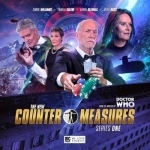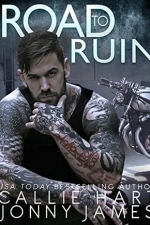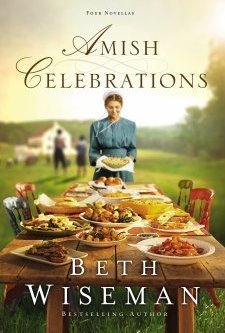
Technologies for Livelihood Enhancement
Book
Twenty five s in this book are grouped into six sections: o setting the stage: topics relevant to...

The Crash of 2016: the Plot to Destroy America--And What We Can Do to Stop it
Book
The United States is more vulnerable today than ever before - including during the Great Depression...

The International Business Environment
Leslie Hamilton and Philip Webster
Book
Will the expansion of the Chinese economy result in job losses in the USA? How can a natural...

The New Counter-Measures: Series 1
John Dorney, Guy Adams, Ian Potter and Christopher Hatherall
Book
Four new investigations for Sir Toby Kinsella and his specialist team. 1. Nothing to See Here by Guy...

Hurricane: American Red Cross
Weather and Utilities
App
**One of the top 6 hurricane tracking apps - CNN** **Readers’ Pick: Most innovative and useful...

Cyclone - storm tracks, satellite weather radar
Weather and Utilities
App
Cyclone brings you the freshest weather imagery available for North America, Europe, Japan,...

Road To Ruin
Book
Malicious Destruction of Property. Two counts of breaking and entering. Two counts of possession...
dark romance romance contemporary

Horror Stories: A Memoir by Liz Phair
Book
From the two-time Grammy-nominated singer-songwriter behind the groundbreaking album Exile in...

Draw a Stickman: EPIC 2
Games and Entertainment
App
** Winner of 5 Webby Awards - Draw a Stickman Franchise ** ** Played over 100 Million Times around...

Amish Celebrations: 4 Novels
Book
The Gift of Sisters Hannah and Elizabeth are fraternal twins approaching their sixteenth...